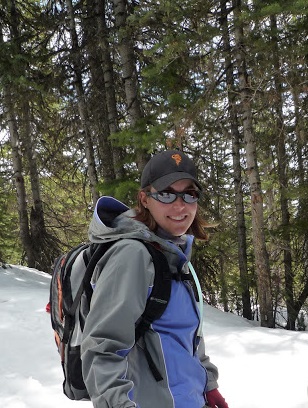Podcast: Play in new window | Download
Subscribe: Apple Podcasts | RSS
Dr. Christine Mac Donald is an Assistant Professor in the Department of Neurological Surgery at the University of Washington. She received her Masters in Biomedical Engineering and also her PhD in Biomedical Engineering from Washington University in St. Louis. Christine stayed on to do a postdoctoral fellowship at Washington University before moving out west to the University of Washington. Christine is with us today to tell us about her journey through life and science.
Christine’s research is focused on advanced MR methods for the evaluation of traumatic brain injury both in the civilian and military population. Diffuse axonal injury is thought to be a major contributor to cognitive dysfunction in patients following traumatic brain injury (TBI). However, it is difficult to diagnose anti-mortem, and new diagnostic methods are needed. Diffusion tensor imaging (DTI) has shown promise but it has yet to be fully validated for its potential role as a diagnostic tool in the evaluation of brain injury. Resting-state functional MRI (fMRI) correlation analysis has also been proposed as a useful tool in the evaluation of brain functional connectivity. The basis of this method is that anatomically connected regions in the brain show correlated fluctuations in the blood oxygen level dependent (BOLD) signal. This work has given further insight into the structural and functional changes occurring following injury. In the future, these techniques may be able to better assist with the stratification of patients for therapeutic intervention, diagnosis of brain injury/concussion, and prediction of injury impact on long term outcome.

Leave a Reply